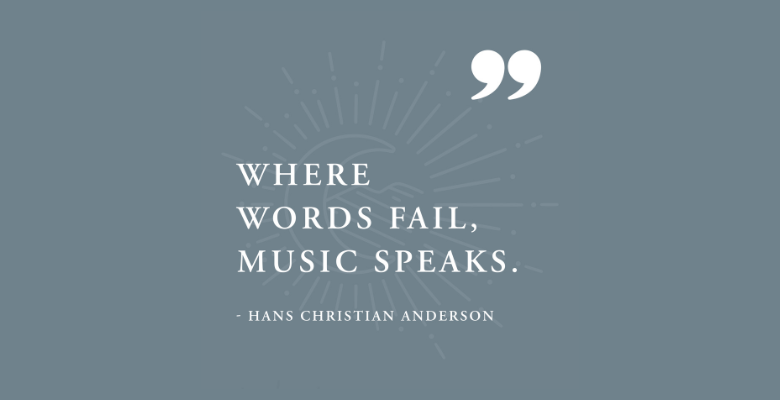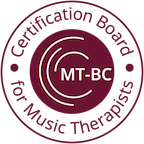As caregivers, we know how challenging it can be to communicate and connect with our children, especially when they are struggling or going through a tough time. Sometimes, words fail us, and it can be frustrating to feel like we cannot understand them fully or offer the help and support they need. This is where music comes in – it can profoundly impact our children’s emotional, mental, and physical health, serving as a potent therapeutic agent. This blog post will explore the science behind music therapy and how it can help our children express themselves, cope with difficulties, and connect with others.
The Rhythm of Life:
Our bodies have a natural affinity for rhythm, and music provides a structured beat that can help regulate our bodily functions. Studies have shown that musical rhythms can lower our heart rate, reduce blood pressure, and even alleviate pain. Preschoolers can benefit from this, too, as bouncing and dancing to music can help them develop their motor skills and coordination. Parents can also use music to help calm stressed-out toddlers, slow down overly energetic youngsters, and even lull them to sleep at bedtime.
Brain Power:
Our brains are hardwired to respond to music, and different types of music can have different effects on our brainwaves, emotions, and mood. For example, calming music can stimulate the release of relaxation hormones like serotonin, while upbeat music can boost our dopamine levels and promote a sense of well-being. Music therapy can also help children with developmental disorders like Autism Spectrum Disorder and ADHD, as it can improve their attention span, social skills, and sensory processing.
Emotional Intelligence:
One of the most powerful ways music therapy can help our children is by giving them a safe and creative outlet to express their emotions. Music can serve as a bridge between our innermost feelings and the outside world, helping us communicate and connect with others on an emotional level. Music therapy can teach children to identify and regulate emotions, build self-esteem and confidence, and develop empathy and social skills.
Memories and Meaning:
Music has the unique ability to evoke memories and emotions that are deeply personal and meaningful. Listening to a particular song can transport us back in time and trigger memories and associations. Music therapy can use this power to help children with trauma, grief, or loss, as they can use music to process their feelings, express their grief, and find comfort and meaning in their experiences.
Creative Connection:
Music is a powerful therapeutic tool for children and a way for parents to connect with them and enhance their relationship. Parents do not have to be musical experts to share and appreciate music with their children, as singing, dancing, and listening to music together can create joyful experiences and meaningful memories. Music can provide a shared language that crosses age, culture, and any other barriers that may separate us from our children.
Understanding the science behind music therapy can open up a world of possibilities for parents looking to help their children cope with challenges, express their creativity, and strengthen their bonds. Music is not just a form of entertainment; it is a vital part of our human experience that can heal, inspire, and unite us. Let us embrace music as a therapeutic agent and a way of life, knowing that it can speak when words fail and connect us in ways we never knew possible.
If you feel that you and/or your loved one would benefit from music therapy services, please contact me and learn more!
Is Music Therapy Right for Your Loved One
It doesn’t hurt to reach out and learn more and make an informed decision about if this is the therapy that could change everything.



